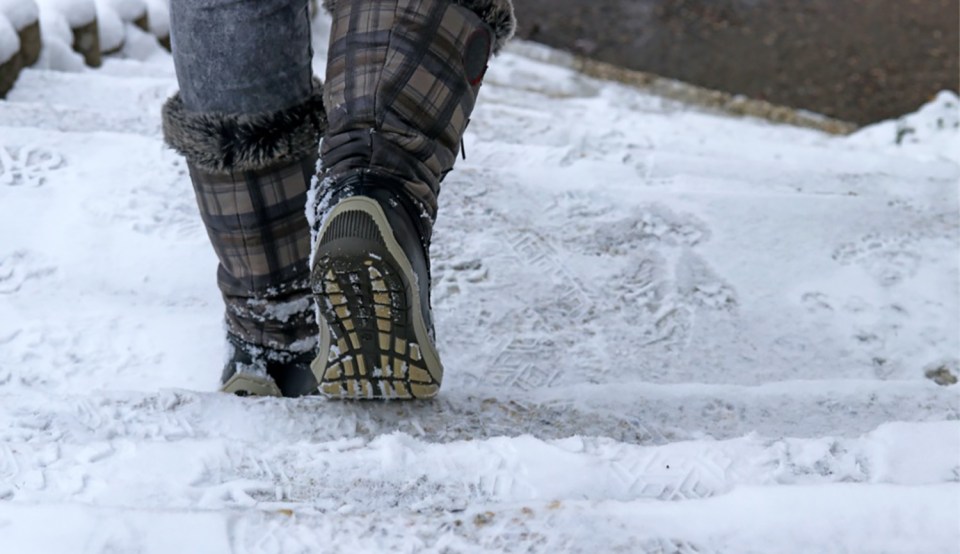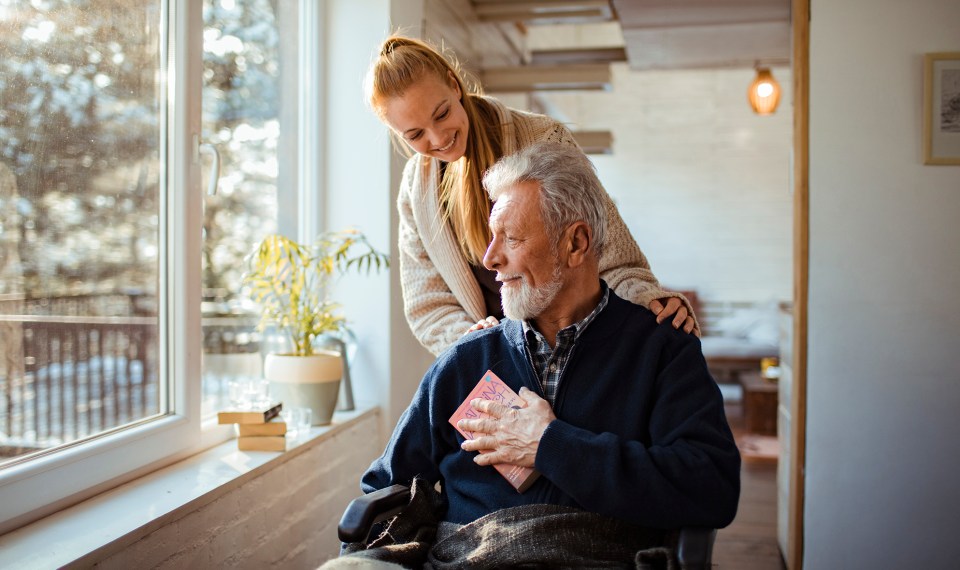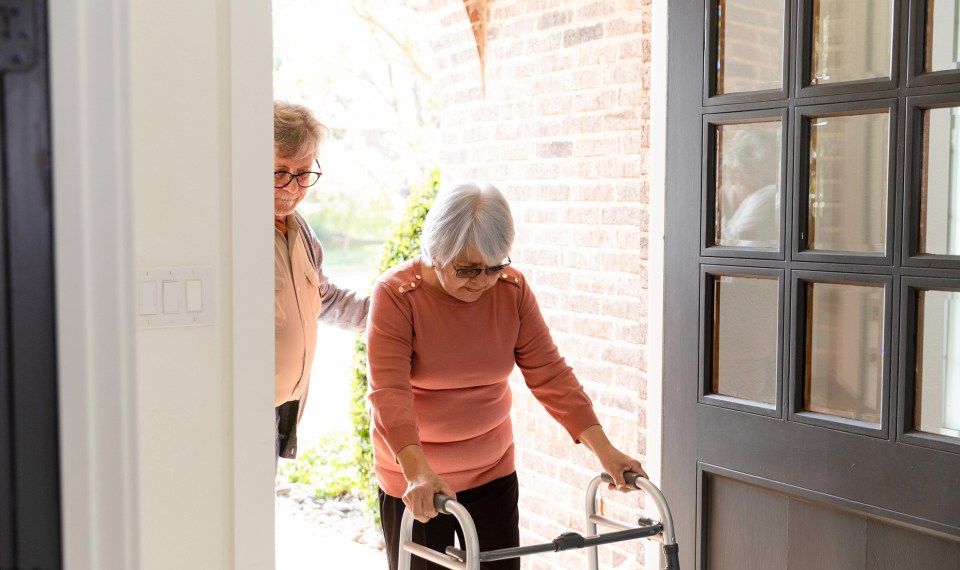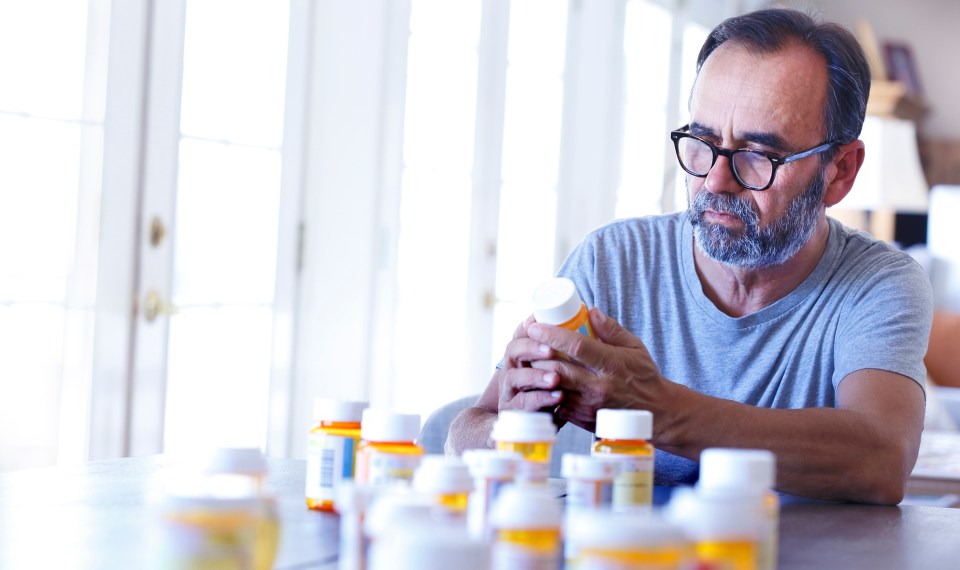According to the National Council on Aging, “one in four Americans aged 65 and older falls each year. Every 11 seconds, an adult is treated in the emergency room for a fall; every 19 minutes, an older adult dies from a fall. Falls are the leading cause of fatal injury and the most common cause of nonfatal trauma-related hospital admissions, such as hip fractures, among older adults. There are four easy ways to prevent a fall: get to know your doctors, get to know your medications, get to know your environment and get to know how to prevent repeat falls.
Know Your Doctors
- Wellness visits annually and routine visits are a must
- Annual eye doctor visits or more as needed
- Visit the podiatrist
- Bi-annual routine dental visits
- Talk to your pharmacist about your medications
Know your Medications
- Keep a list of all your medications and read all the side effects to all your medications
- Share the list with your MPOA
- Medication side effects could be dizziness, sleepiness, confusion, visual problems, and balance issues
- Two medications that could cause falls are blood pressure medication and bladder medication
- If necessary, ask for a large print label
- Cold, flu, and antihistamines could cause dizziness
- Take the proper amount of medication
- Write down symptoms or changes that you have noticed after taking any of your medications. Report to your doctor
- Avoid drinking alcohol with medications
- Know why you are taking all your medications
- Let your doctor know if you are taking herbal medications
- Ask your doctor before taking any antihistamines or ibuprofen as it may interact with your prescribed medications
Know Your Environment
- Clean your house and clear the pathways
- Pick up all throw rugs, clear magazines, or paper on the floor
- Make a pathway large enough for your walker or cane to pass through
- Watch the weather channel
- Plan for any outings, including curbside visits to determine handicap accessibility and/or pre-visit or phone calls to discuss environment
- When feeling fatigue, stay home and use the delivery service for your drugs, groceries, and food
- If the forecast is ice or increase in snow fall reschedule your appointments
- Wear safe shoes and not slippers or non-skid socks
- Place a non-skid mat in the shower
- Install grab bars in showers and bathrooms
- Do not polish your wood floors
- Use tape on your steps to highlight the edge of the step
- Clear your house and walkways of clutter
- Hire someone to shovel when it snows
- Tuck electric cords in
- Make sure the bed spread is off the floor
- Don’t buy satin or slippery bed linens
- Remove small rugs
- Do not have plastic on your steps
- Light up your living space
- Make sure frequently used items are easy to reach
- Keep items off the steps
- Make sure the carpet is secured in all areas
- Install touch lights or motion detectors in many different places for easy access
- Make sure you don’t walk on to a wet floor
- Pay attention to everything you do
Prevent a Fall When Walking in the Community When There is Snow or Ice
- Walk slowly
- Shuffle walk and slightly point toes outward
- Use an assistive device
- Never put your hands in your pockets
- Bend your knees when you walk on ice
- If you have to carry items put it in grocery bags evenly for both upper extremities
- Do not look downward when walking
- Give yourself enough time to get to your destination
- Ask for help
- Use hand rails when inside and outside
- Do not walk and talk on your phone
- Look before you step and scan your area that you are walking to
Know How to Prevent Another Fall
If you should fall, write down exactly what, when, where and how you fell. This should include detailing what assistive devices you were using or should have been using. Also, include how you felt prior to the fall and after the fall. Share this with your doctor.
Emergency alert equipment
- ADT’s Medical Alert System has a way to track where you go and when you are out in the community. It works as an alarm system and a tracking device. Before you can use the tracking device you need to alert ADT of your travels.
- Apple has a Series 4 and Series 5 Apple Watch and other wearable devices have fall detection that can alert 911 if it detects a major fall. It can also complete an electro cardia gram and alert you when your heart rate is too low. Series 4 and 5 can only be used with an iPhone nearby. Series 5 does need your iPhone to use the watch and it is like the Series 4 with a few more features.
- Make arrangement with your neighbor to check in daily.
- Keep a cordless or cell phone with you at all times.
- Use an Echo to control your smart home. It can be set up to turn on lights and view doorbell cameras.
Exercising
It’s very important that you exercise daily. The following exercises are easy and can be completed within your home:
- Stretch daily and if you can two times a day
- Chair yoga
- Walk in place. Time all the walking with the commercials that are on the television
- Use a theraband for your upper body exercises including your core
- Tai Chi
- Bicycling
- A portable bike that you can use while sitting in the chair for your upper body and lower body
As you age your muscle become weaker causing balance issues and an unsteady gait. If you exercise daily you will be less likely to fall and will also increase your flexibility, increase your strength, balance and endurance.
Kimberly George is an occupational therapist at Encompass Health Rehabilitation Hospital of Morgantown
The content of this site is for informational purposes only and should not be taken as professional medical advice. Always seek the advice of your physician or other qualified healthcare provider with any questions you may have regarding any medical conditions or treatments.



